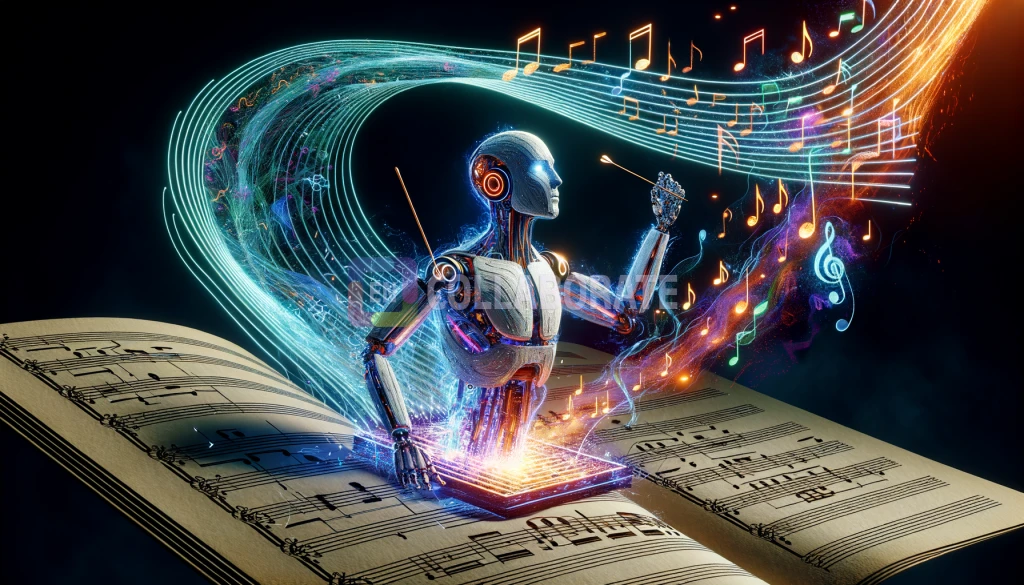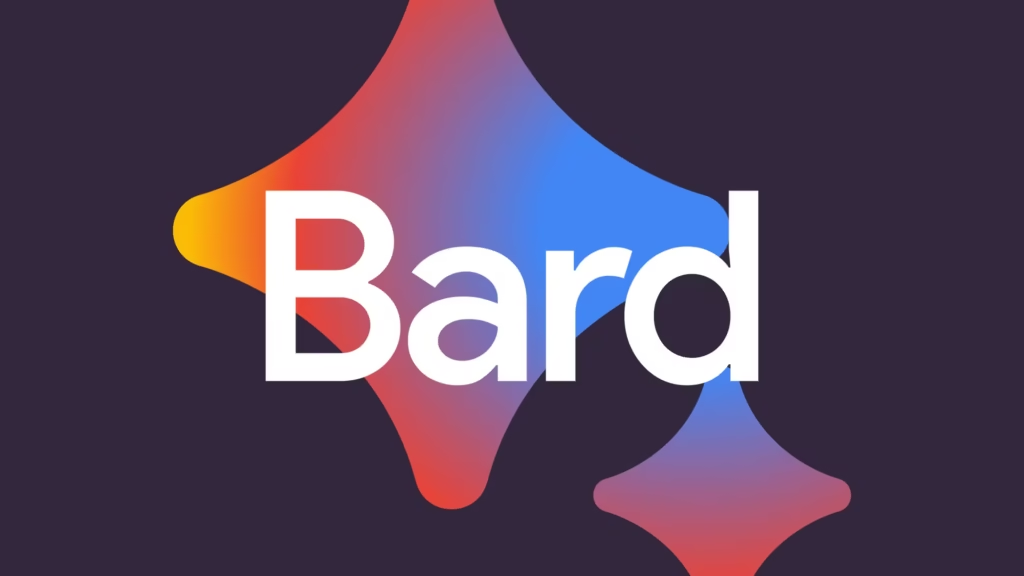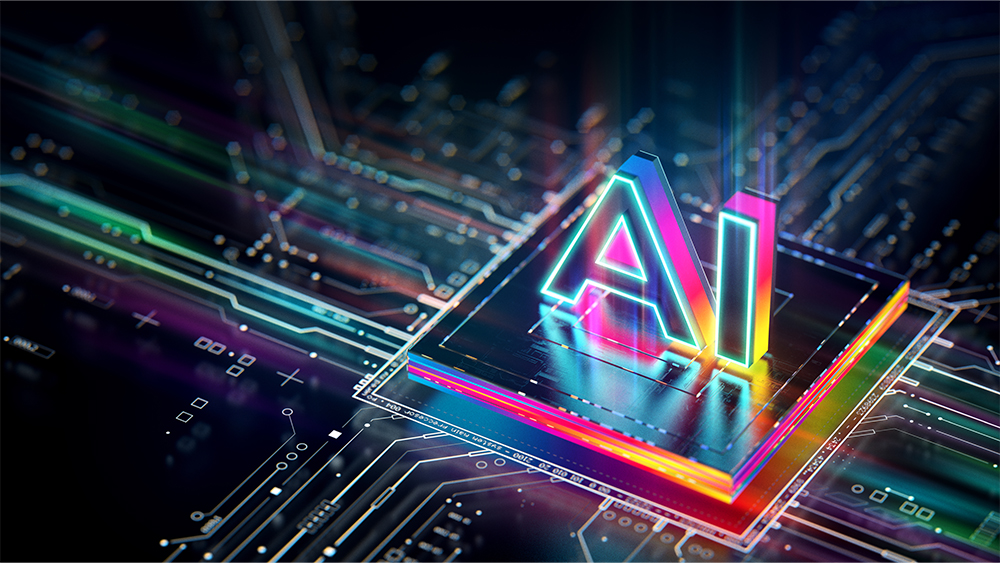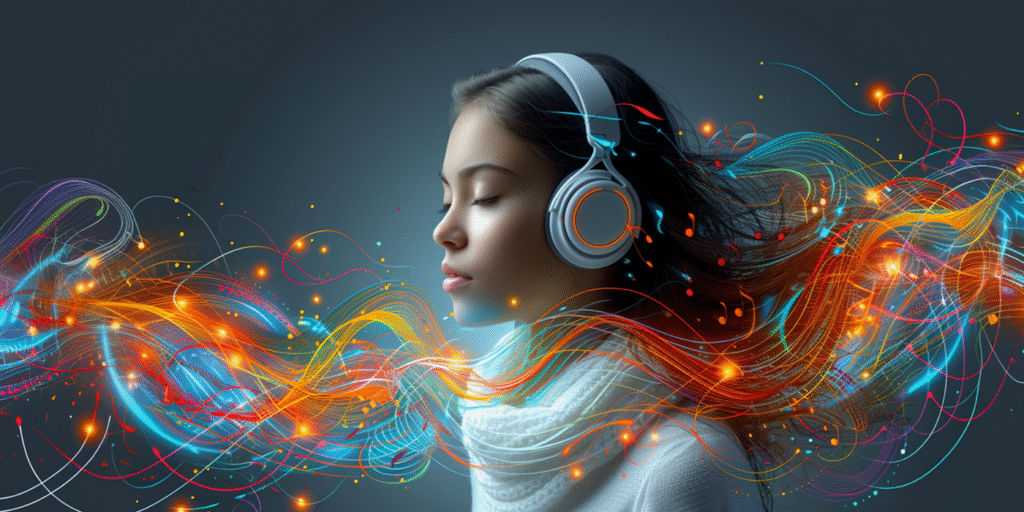AI-Driven Music Composers: Revolutionizing the Soundtrack of Our Lives
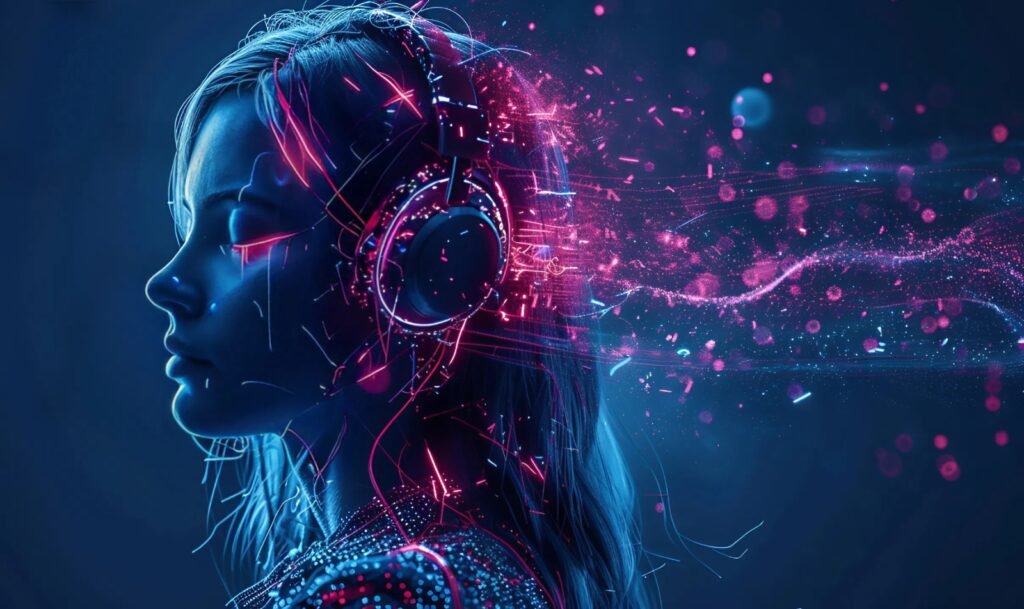
AI-Driven Music Composers: Revolutionizing the Soundtrack of Our Lives
In the realm of digital innovation, Artificial Intelligence (AI) stands as a groundbreaking force, reshaping numerous industries with its transformative capabilities. Among these, the music industry finds itself in a period of significant metamorphosis, largely due to the advent of AI-driven music composition. As we delve into this fascinating intersection of AI and creativity, it’s essential to explore how AI-driven music composers are reshaping the soundtrack of our lives, offering limitless possibilities and challenging traditional paradigms.
—
Understanding AI-Driven Music Composition
AI-driven music composition leverages sophisticated algorithms and deep learning models to create musical pieces that mimic the complexities of human-composed music. These systems, equipped with vast databases of musical notes, genres, and styles, can generate compositions that range from classical symphonies to contemporary pop music at an unprecedented speed and volume. The integration of AI in music creation is not merely a novel technological endeavor but a profound shift that challenges our understanding of creativity and artistry.
—
How AI Composes Music
The core of AI-driven music composition lies in machine learning, a subset of AI that enables systems to learn from data and improve over time. Models such as neural networks, particularly recurrent neural networks (RNNs) and generative adversarial networks (GANs), play crucial roles in this process. By analyzing patterns, structures, and emotional cues from vast arrays of existing music, AI systems generate original compositions. The systems continuously enhance their outputs by receiving feedback, allowing for an evolving creative prowess that refines and diversifies over time.
—
Examples of AI in Music Composition
Several AI-driven tools and platforms have emerged as frontrunners in this new wave of music composition. AIVA (Artificial Intelligence Virtual Artist), for instance, is renowned for producing classical music and has even been recognized by music rights organizations as the first virtual composer. Similarly, platforms like Amper Music and OpenAI’s MuseNet have displayed their capabilities in generating compositions across multiple genres, often indistinguishable from those crafted by human musicians.
In popular media, AI-composed music has started making appearances in films, video games, and advertising. The independent film “Zone Out,” for example, featured a soundtrack entirely created by AI, showcasing the technology’s potential to step into traditional musical domains.
—
AI-Driven Music and Human Collaboration
While AI-driven music composers have demonstrated incredible potential, they also invite collaborative opportunities between technology and human artists. By handling repetitive tasks or generating initial musical ideas, AI frees musicians to focus on higher-level creative decisions and emotional expression. This synergy not only enhances productivity but also expands the boundaries of human creativity, allowing artists to explore new terrains with AI as their partner.
A notable collaborative effort is between renowned composer David Cope and his Experiments in Musical Intelligence (EMI), an AI tool he developed to assist in composing music. Cope’s partnership with AI has led to a body of work that merges human ingenuity and technological innovation, challenging audiences to reevaluate the essence of creativity.
—
Impact on the Music Industry
The infiltration of AI into music composition is having a profound impact on the industry. For emerging artists and small production companies, AI offers an accessible and cost-effective means to produce music that meets professional standards. As a result, a democratization of music production is unfolding, where aspiring musicians can leverage AI tools to bring their artistic visions to life without the traditional barriers of high costs and extensive training.
Moreover, AI-driven music is becoming an integral component of branded content and marketing, providing brands with tailored soundtracks that resonate with specific audiences. With AI, marketers can create dynamic soundscapes that align with the emotional journey of their campaigns, enhancing consumer engagement and brand recall.
—
Challenges and Ethical Considerations
Despite its promising potential, AI-driven music composition presents challenges and ethical considerations. The question of copyright arises as AI-generated compositions blur the lines of authorship and intellectual property. Additionally, the growing prevalence of AI in music raises concerns about job displacement for human composers and musicians.
Ethically, the authenticity of music composed by AI remains a topic of debate. While AI can mimic emotions and creative processes, its lack of genuine experience and emotional depth poses questions about the intrinsic value of AI-generated music compared to human-created art.
—
Conclusion
As AI-driven music composers continue to revolutionize the soundtrack of our lives, the future of music becomes an exciting tapestry of innovation and collaboration. While technology offers unprecedented possibilities, it is crucial to forge a path that celebrates both the capabilities of AI and the irreplaceable human touch in the artistic process. By embracing this synergy between technology and creativity, the music industry is poised to reach new heights, shaping experiences and soundscapes that resonate universally. As this evolution unfolds, one thing is certain: the soundtrack of our lives is set to become richer, more diverse, and more vibrant than ever before.

